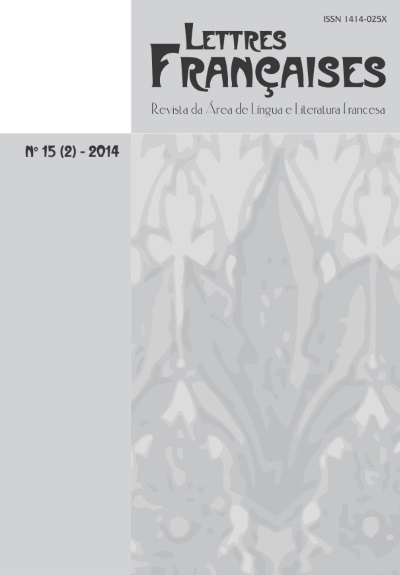As Iluminações de Rimbaud: da renúncia do sentido ao silêncio da obra
Palavras-chave:
Modernidade, Moderno, Representação, Sentido, Hieróglifo, Rimbaud,Resumo
Poucos são os poetas que, na história da poesia moderna, encarnaram com tanta paixão a aventura do dizer e a urgência do silêncio como o fez Rimbaud. Ao levar a linguagem ao limite de sua própria ruptura, Rimbaud acaba por evidenciar justamente a fragilidade da palavra poética diante da lógica opressora do real, da ordem de um mundo regido pela técnica e fundado nos mitos da razão, do progresso e da ciência. Assim, a despeito das contradições acerca do lugar cronológico que as Iluminações ocupam na obra de Rimbaud (elas seriam anteriores ou posteriores a Uma Temporada no Inferno?), o que está em jogo é compreender que elas, desde a ironia flagrante do título, encenam não só a ruptura radical com o sentido, com a possibilidade mesma da significação, ou seja, comunicar o que quer que seja pela via do poético, sobretudo o mundo moderno, mas também o instante em que a escritura começa a silenciar, o passo decisivo em direção ao fim da obra, à renuncia eloquente do sujeito a continuar, nas palavras de Hölderlin, a habitar poeticamente o mundo.
Downloads
Edição
Seção
Licença
Os manuscritos aceitos e publicados são de propriedade da Revista Lettres Françaises. É vedada a submissão integral ou parcial do manuscrito a qualquer outro periódico. A responsabilidade do conteúdo dos artigos é exclusiva dos autores. É vedada a tradução para outro idioma sem a autorização escrita do Editor ouvida a Comissão Editorial.

